If you’ve got bad credit, rent-to-own homes can seem like a good way to get your own place. But some housing experts say they come with lots of risks. WCVE’s Ben Paviour has more for our series Where We Live.
Transcript:
Last year, Dawn Devine packed up her stuff and moved to a house in Petersburg.
Devine: Chimney! Sit! Sit, and be nice.
It’s a little 700 square foot shotgun-style home she shares with her rescue dog Chimney. Like a lot of homebuyers, Devine made some unpleasant discoveries after moving.
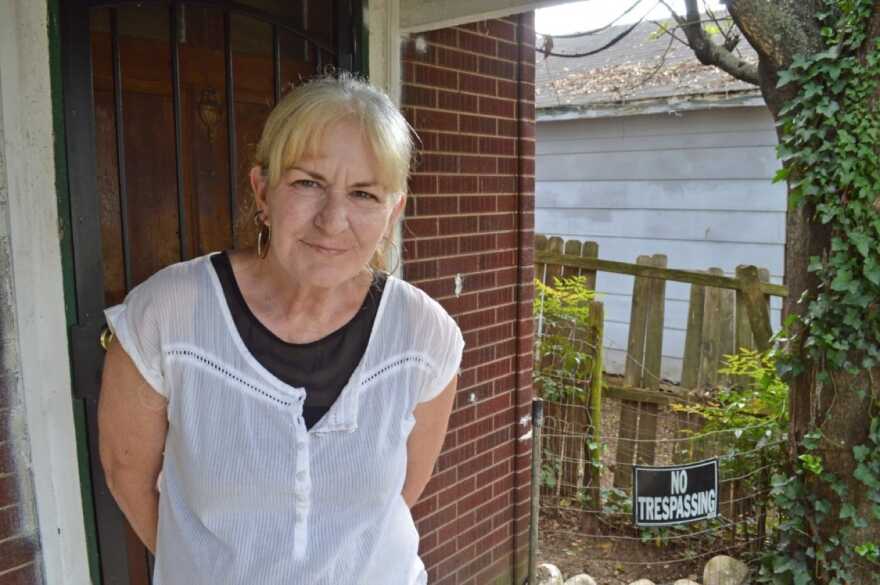
Devine: “You'll hear dogs start going off and then all of a sudden you hear pop, pop, pop, pop, pop, pop, pop, pop, pop. It's a lot too. It's not just like a gunshot or two. And then you hear people screaming and then hear the sirens. So it happens a lot.”
The house isn’t what Devine expected either. Sometimes it gets damp and water seeps in everywhere.
Devine: “That part of the ceiling. Um, if you push on it, it's like a water bed. That's scary.”
This past winter, Devine says she spent two weeks trapped inside the house because her doors were swollen shut. She has a disability that makes it hard to grip things.
Devine: “I mean it is a cute little house--if you have $50,000 to rebuild it.”
This was never the original plan. Devine wanted to move somewhere she could enjoy a quiet semi-retirement. Somewhere like Alabama, where she has family.
She signed a rent-to-own contract on a place there in early 2017. The investors who were selling the place paid $10,000 for the house. Under the terms of her contract, Devine would pay around $68,000 over the course of 10 years.
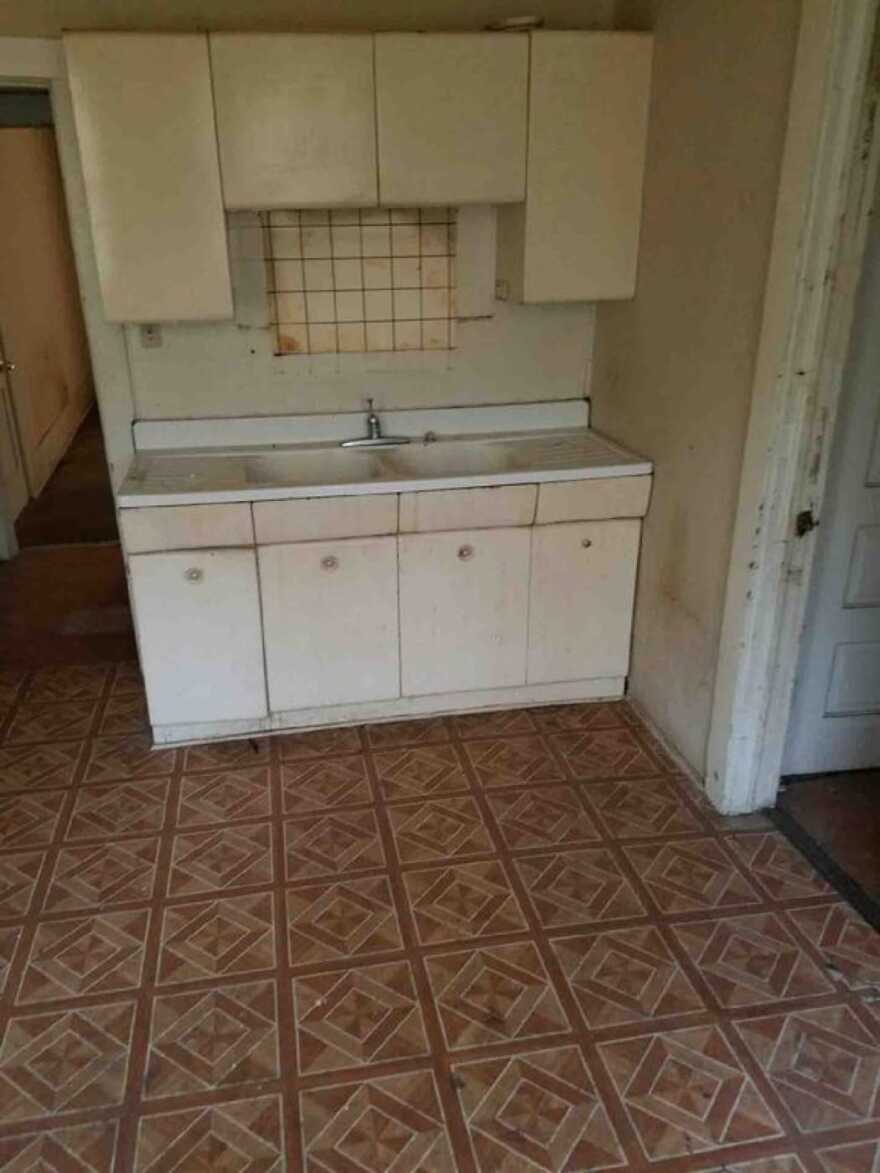
When she tried to move in, she discovered the house had been stripped of its copper pipes and wiring. There were so many essential repairs the house wasn't livable. Police told her the neighborhood wasn’t safe either.
Devine was spooked. She wanted her money back. Instead the sellers offered her a house in Petersburg--a place where she knew no one.
Devine: “He said, ‘I stayed there and it's nice, it's nice and quiet’ and he said ‘It's ready to move in and you just move your stuff and it's good to go.’”
Devine was out of money; she felt like she had no choice but to move. She said her new place in Petersburg was so filthy that she threw up.
Legal aid attorneys across the state say they’re familiar with stories of rent-to-own contracts gone wrong. These deals go by many names and come in different forms: contract for deed, installment land contract or lease-option contract. They can sound pretty good if the bank won’t give you a loan. Marty Wegbreit is with the Central Virginia Legal Aid Society.
Wegbreit: “The problem is that the buyer really has all of the duties of home ownership and they have none of the benefits of home ownership.”
Wegbreit says that most of these contracts treat homebuyers as tenants until they’ve paid off the house. That means they can be evicted for missing a single payment--and lose all of the money they’ve invested, including the down payment. The interest rates are often much higher than under traditional mortgages; Devine was paying about 9.5% a month until she negotiated it down a couple of points.
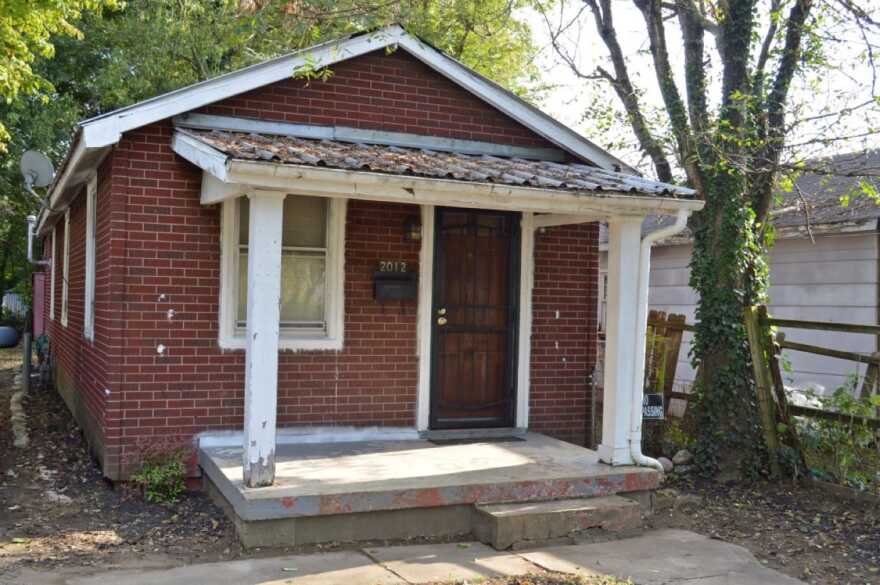
On top of that, buyers in rent-to-own contracts are usually in charge of home repairs. Houses sold this way sometimes need major work just to be liveable. Some buyers get kicked out, others give up, says Eric Dunn of the National Housing Law Project.
Dunn: “You know what you’re paying every month is supposed to be going toward the purchase of this home--essentially, building equity. And when you walk away from that property, whether on your own or involuntarily, you forfeit all of that investment.”
Similar deals were common in African American neighborhoods in the ‘50s and ‘60s. No one knows how many of these contracts are out there now since there’s no requirement for local governments to record the deals. Housing experts saw an uptick in rent-to-own contracts after the 2008 recession, when thousands of foreclosed homes were snatched up by private equity firms and investors.
One of those firms, called Harbour Portfolio Advisors, bought up more than 6,700 homes since 2010, according to a New York Times investigation last year. The Consumer Financial Protection Bureau launched aninvestigation into Harbour and another company, National Asset Advisors, over their lending practices for rent-to-own properties. The company settled a lawsuit in Cincinnati this year for allegedly violating tenant laws.
Legal aid attorneys in Virginia say these deals are also common with smaller private investors--people like Zach Broaddus, the Richmond-based real estate investor who sold Dawn Devine her place. In 2017, he appeared on the Investor Army podcast.
Broaddus: “I don't have to worry about fixing up the house. I don’t have to worry about what’s going on in Alabama. All I have to worry about is if that check shows up in my bank account each month.
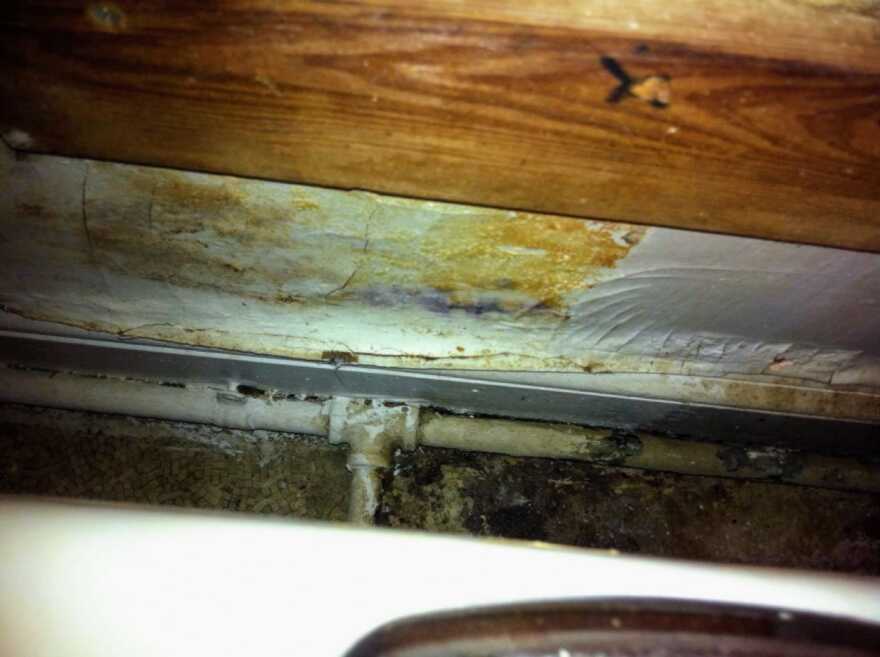
He talked about a house he’d just sold in Alabama through a rent-to-own contract; the buyer was paying $545 a month for ten years. The details and timing of this deal sound a lot like the one signed by Devine, although we couldn’t find conclusive evidence that he’s talking about the same property.
Broaddus: And I think we did a pretty good job screening her, so I’m not really worried about her making the payment on the first of the month”
Broaddus didn’t respond to multiple requests for comment, but we did speak to his business partner, Zach Weatherspoon, who declined to be recorded. In a brief conversation, he denied misleading Devine about repairs or the state of the property. He said that she would never have been able to own a house without his help.
Republican state senator Bill DeSteph says that’s why he likes rent-to-own contracts--they’re a chance for people who can’t get loans to own their own place.
DeSteph: “I actually do this. I've got one of my houses I'm selling to a friend of mine who could not otherwise afford to come in and buy that house.”
DeSteph helped defeat a bill earlier this year that was meant to regulate these deals. The new rules would have made it so that rent-to-own buyers who’ve met a certain payment threshold would also be able to get back some of their investment if they got evicted. The bill's first draft also required home inspections, so buyers know exactly what they’re getting into.
DeSteph, who’s a real estate investor himself, says he’s in favor of some regulations.
DeSteph: "On the other hand, I don't think you should take advantage of the property owner who, out of the generosity of their heart, self-funds or self-finances a piece of property, so [you] need to find a balance.”
The bill failed in a party-line vote. Eric Dunn and other advocates say they’ll try to win DeSteph and other Republicans over with a revised bill next year.
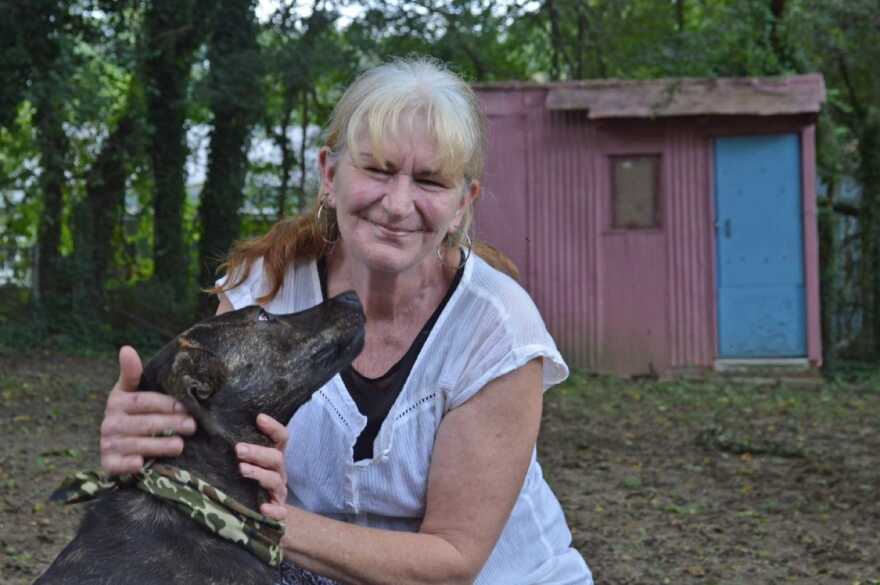
Dawn Devine’s disabilities make it hard for her to open doors, so she sometimes gets help from her dog. Chimney’s food has to be taken out of the two hundred or so dollars she survives on every month. It’s been a humbling experience for someone who was once angling to become California’s first female arson investigator.
Devine: “It's creating a lot of stress living here and a lot of pain, unnecessary pain”
But Devine isn’t going anywhere. She hopes to get a loan, fix the hot water heater and electricity, plug the gaps and holes--and finally make a comfortable home of her own.
Ben Paviour, VPM News












